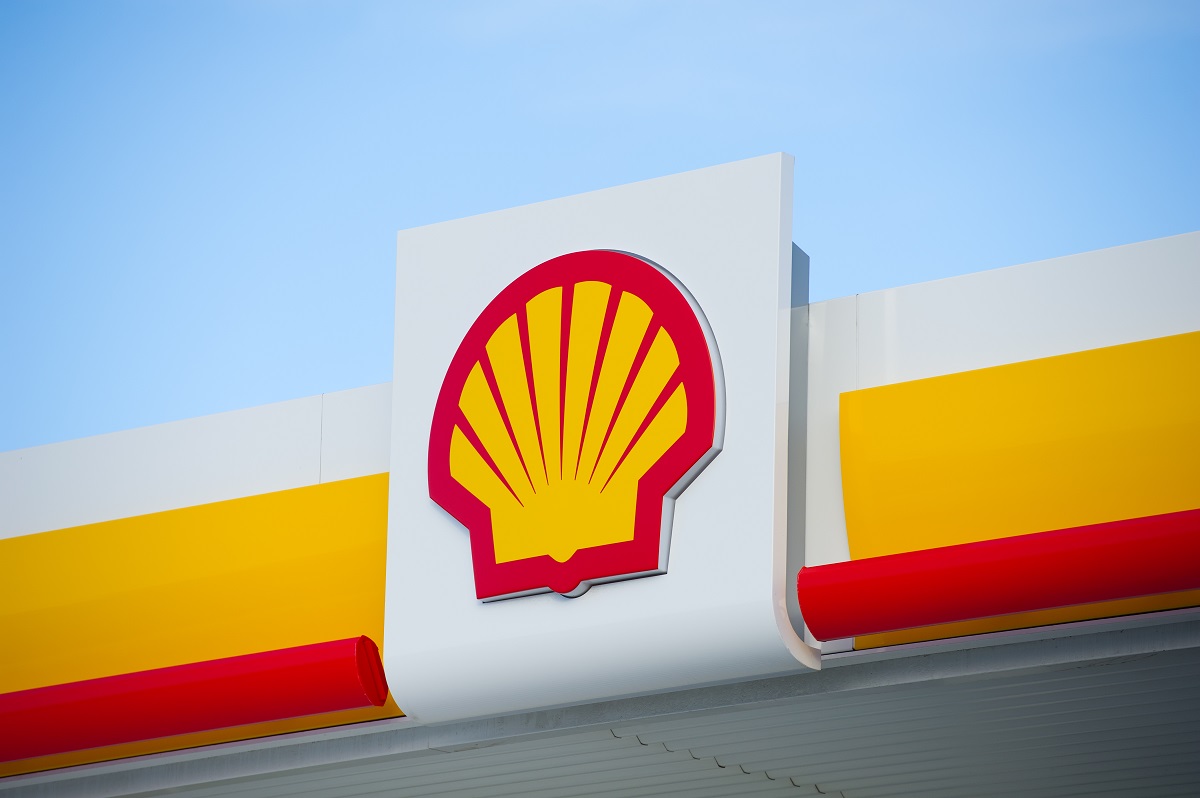Shell Opens 10 MW German Hydrogen Electrolyzer to Boost Green Fuel Output
FRANKFURT (Reuters) — Royal Dutch Shell on Friday launched Europe's biggest hydrogen electrolysis plant at the Wesseling site of its Rheinland refinery after two years of construction, as it expands further into alternative energies.

The Refhyne plant, with a 10-megawatt (MW) capacity, will produce green fuels as part of a European Union-funded consortium which is already setting its sights on a 100 MW facility at the site near Cologne.
Refhyne II could start operations in 2024, said Marco Richrath, director of the Shell Energy and Chemicals Park Rheinland at the launch ceremony for the smaller facility.
Hydrogen is considered "green" when it is produced from renewable power from wind or sunshine through electrolysis but "grey" hydrogen from fossil fuels is currently the feedstock in many standard industry processes.
Green hydrogen can play a role in energy, mobility, heat provision, and hard-to-decarbonize industries.
Shell also aims to produce sustainable aviation fuel from renewable electricity and biomass at Wesseling as well as developing a plant for liquefied renewable natural gas (bio-LNG).
It is under increased pressure after a Dutch court ruled it must drastically deepen planned greenhouse gas emission cuts.
The Refhyne polymer electrolyte membrane (PEM) electrolyser will produce up to 1,300 tonnes a year of green hydrogen. The plant cost around 20 million euros ($23.72 million) of which half came from EU funds.
The consortium also includes electrolyzer producer ITM Power, research organization SINTEF and consultants Sphera and Element Energy.
"This plant helps map out the way towards climate neutrality while keeping economic innovation within our region," said North Rhine Westphalia's state premier Armin Laschet.
Fabian Ziegler, CEO of Shell in Germany, noted that green hydrogen was still five times the price of fossil hydrogen, but said this could be reduced by half through scale and efficient supply chains, with the rest to be offset via policy interventions around renewable support and carbon prices.
Richrath said Shell was working with partners including Daimler, Uniper, Remondis, Thyssenkrupp, DHL and Rheinenergie on areas including hydrogen pipelines and filling stations, biofuels and recycling.
Related News
Related News

- Kinder Morgan Proposes 290-Mile Gas Pipeline Expansion Spanning Three States
- Enbridge Plans 86-Mile Pipeline Expansion, Bringing 850 Workers to Northern B.C.
- Intensity, Rainbow Energy to Build 344-Mile Gas Pipeline Across North Dakota
- U.S. Moves to Block Enterprise Products’ Exports to China Over Security Risk
- Court Ruling Allows MVP’s $500 Million Southgate Pipeline Extension to Proceed
- U.S. Pipeline Expansion to Add 99 Bcf/d, Mostly for LNG Export, Report Finds
- A Systematic Approach To Ensuring Pipeline Integrity
- 275-Mile Texas-to-Oklahoma Gas Pipeline Enters Open Season
- LNG Canada Start-Up Fails to Lift Gas Prices Amid Supply Glut
- TC Energy’s North Baja Pipeline Expansion Brings Mexico Closer to LNG Exports




Comments